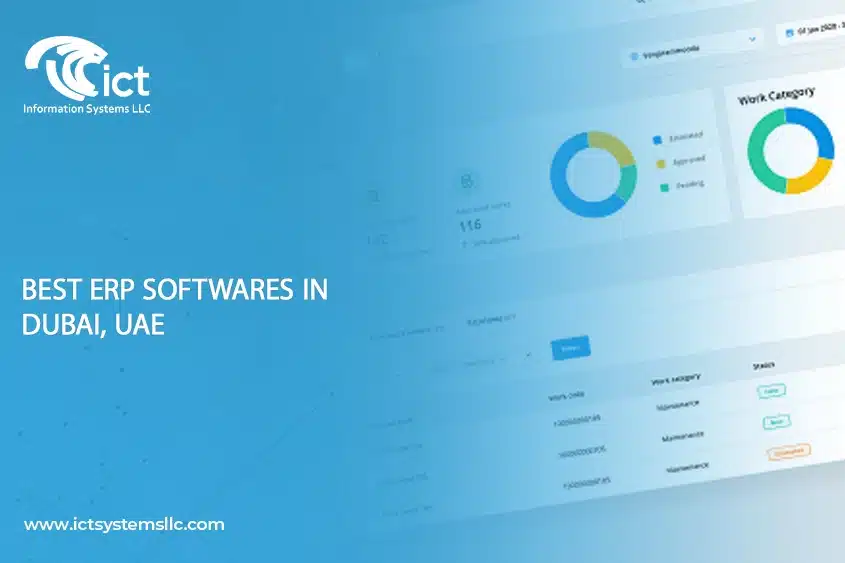- Home
- About
- Our Product
- ERP Softwares
- Accounting Software
- Trading Software
- Inventory Management
- HR Management
- Employee Tracking Software
- POS Software
- Payroll Software
- Shipping & Logistics Sofware
- CRM Software
- Visitor Management Software
- Document Management System
- Ticket Management Software
- Budget Software
- Manufacturing & Production Management Software
- Cloud Based Approval Management Software
- Ecommerce Integrated Software
- Real Estate Management Software
- Services
- Blogs
- Contact Us









































